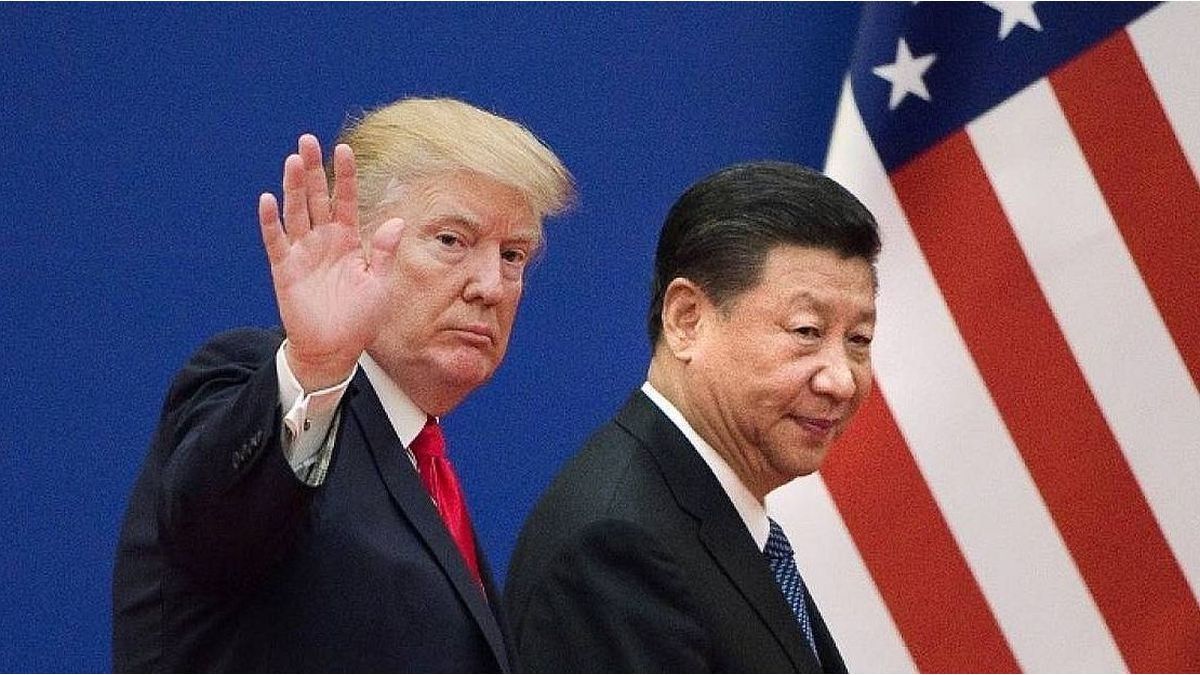The voices for more freedom of choice in traffic planning were getting louder. The cabinet has decided on a reform and the debated 30 km/h zones could soon be set up more easily.
The cabinet has decided to reform the Road Traffic Act. It should make it easier for municipalities to set up new bus lanes or 30 km/h zones, for example. Federal Transport Minister Volker Wissing (FDP) said in Berlin that federal states and municipalities could react faster and more flexibly to the special requirements on site in the future.
A lighter arrangement of Tempo 30 regulations should affect playgrounds and high-traffic school routes and pedestrian crossings. However, Wissing emphasized again that there will not be a nationwide 30 km/h speed limit in cities. The speed limit in urban areas is 50 km/h.
In the future, too, the arrangement of a 30 km/h zone should not adversely affect safety and the flow of traffic. According to Wissing, the “ease” of traffic can be limited by speed limits. It must be ensured that traffic flows and goods arrive in stores.
In addition to changes to the Road Traffic Act, the cabinet also took note of a draft amendment to the subordinate road traffic regulations, which is now to be coordinated with the federal states. In addition to the Bundestag, the Bundesrat must also agree to the changes. The goal, according to the ministry, is adoption before the end of this year.
Reference to the Basic Law
In the discussion about a nationwide expansion of 30 km/h zones in cities, Federal Transport Minister Volker Wissing previously referred to the Basic Law.
“The standard speed remains 50, and an exception must be justified. And it must also be justified on the basis of a law. The constitutional state demands that, and it stays that way,” said Wissing on Deutschlandfunk.
The core task of the state is to justify “interference with freedom”. Therefore, municipalities would have to justify if they want to identify 30 km/h zones. “That’s what the Basic Law requires, and we can’t revoke that for reasons of simplifying the reduction in bureaucracy.”
Grüner calls for “bold steps”
NRW Transport Minister Oliver Krischer called for far-reaching steps in the reform of the Road Traffic Act. “The absolute priority of car traffic is still opposed to the necessary turnaround in traffic in the cities,” said the Green politician in Düsseldorf.
Due to the applicable road traffic regulations, the municipalities often do not have the necessary freedom of action to flexibly solve traffic problems on site. The reform is overdue and it is good that the federal government is finally tackling it. “I hope that the Federal Government and the Bundestag will actually take bold steps and give the municipalities more freedom of action,” said Krischer. “The times of standstill and blockades of change must come to an end.”
Source: Stern
I have been working in the news industry for over 6 years, first as a reporter and now as an editor. I have covered politics extensively, and my work has appeared in major newspapers and online news outlets around the world. In addition to my writing, I also contribute regularly to 24 Hours World.




